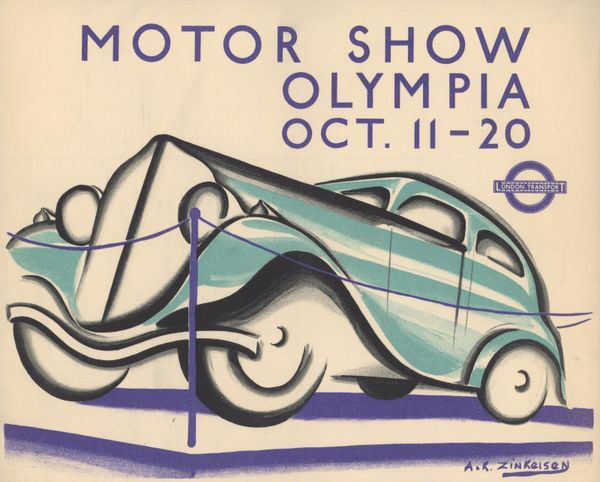Is This The Oldest Cat Door on Earth?
- Editor OGN Daily
- Sep 20, 2023
- 2 min read
An ancient English cathedral is laying claim to having the oldest door for cats that still exists today.

For centuries, humans across the world have agreed - cats need their freedom to roam. The origin of the cat flap, which allows feline friends to come and go without endless scratching on doors, is not entirely clear, but Exeter Cathedral in Devon, south west England, reckons it has a good chance of being the location of the earliest cat flap (without the flap) in the world - that still exists today.
The cathedral was built over the course of several hundred years starting in the 12th century.
The present building was complete by about 1400 and has several notable features, including an early set of misericords, an astronomical clock and the longest uninterrupted medieval stone vaulted ceiling in the world.
Cathedral historian Diane Walker says that a cat door there dates back to 1598. Records from the Exeter Cathedral that year show a bishop named William Cotton paying carpenters to carve a cat-access portal in the door to the large astronomical clock.

According to Walker, the reason was because the clock’s gears would have been lubricated with animal fat, which attracted mice, and the cathedral’s cat served as pest control.
The cats that came through the flap in its door actually got paid for their work, according to bookkeeping records by the cathedral. The cats, or more likely their owners, received a food stipend for keeping rodent numbers down.
As Walker tells BBC News, even though the true genesis of the cat door is unknown, “it is nice to think ours is one of the earliest.”



